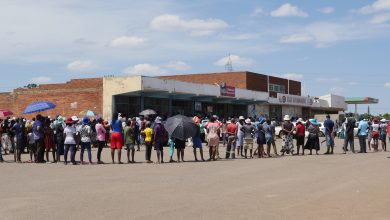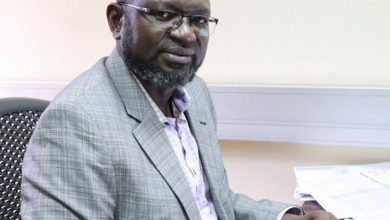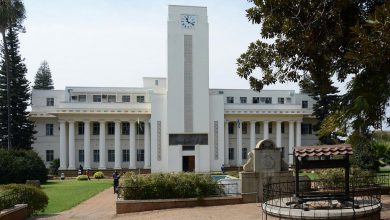World Press Day: Community radios urge focus on climate change

As the world commemorates World Press Freedom Day, the Zimbabwe Association of Community Radio Stations (ZACRAS) has underscored the vital role of community radio in addressing the global environmental crisis, particularly climate change.
Under the theme, “A Press for the Planet: Journalism in the Face of the Environmental Crisis,” this year’s World Press Freedom Day emphasises the significance of journalism and freedom of expression in tackling our current environmental challenges.
ZACRAS highlighted that climate change affects everyone, but marginalised communities disproportionately feel its impacts.
“In Zimbabwe, rural populations and indigenous groups face heightened vulnerability due to their heavy reliance on natural resources and agricultural produce for sustenance,” they stated.
Rising temperatures, erratic rainfall patterns, and extreme weather events exacerbate food insecurity, water scarcity, and displacement, worsening pre-existing inequalities.
This year, the effects of climate change have been particularly acute across the country, with President Mnangagwa declaring the ongoing drought a state of disaster.
“In addressing these challenges, our community radio stations play a pivotal role,” ZACRAS affirmed.
“They serve as essential conduits for marginalized communities, amplifying their voices and providing platforms for sharing experiences, knowledge, and concerns regarding climate change.”
Moreover, community radio stations are uniquely positioned to engage with local communities, raising awareness about the environmental crisis, promoting sustainable practices, and empowering individuals to take action.
“Through localised programming, community radio stations disseminate accurate and timely information about climate change adaptation and mitigation strategies,” ZACRAS said.
“They facilitate discussions among community members, experts, and policymakers, fostering dialogue and collaboration to develop contextually relevant and inclusive solutions.”
ZACRAS urged rural district councils in Zimbabwe to collaborate closely with community radio stations and recognise them as development agents and essential channels for creating climate-resilient communities.
“Furthermore, community radio stations act as early warning systems, providing crucial alerts to communities about impending natural disasters,” ZACRAS emphasized. “By broadcasting weather updates, emergency procedures, and evacuation plans, community radio plays a vital role in saving lives and reducing the impacts of climate-related disasters.”
However, despite their critical mandates and invaluable contributions, community radio stations face significant challenges.
“Insufficient financial resources severely hamper their ability to operate effectively, hindering their capacity to disseminate accurate information, engage communities, and provide reliable data,” ZACRAS lamented.
“Additionally, volunteer brain drain poses a significant challenge, as trained community journalists and other individuals often seek better opportunities elsewhere, leading to a shortage of qualified personnel in community radios,” they said.






